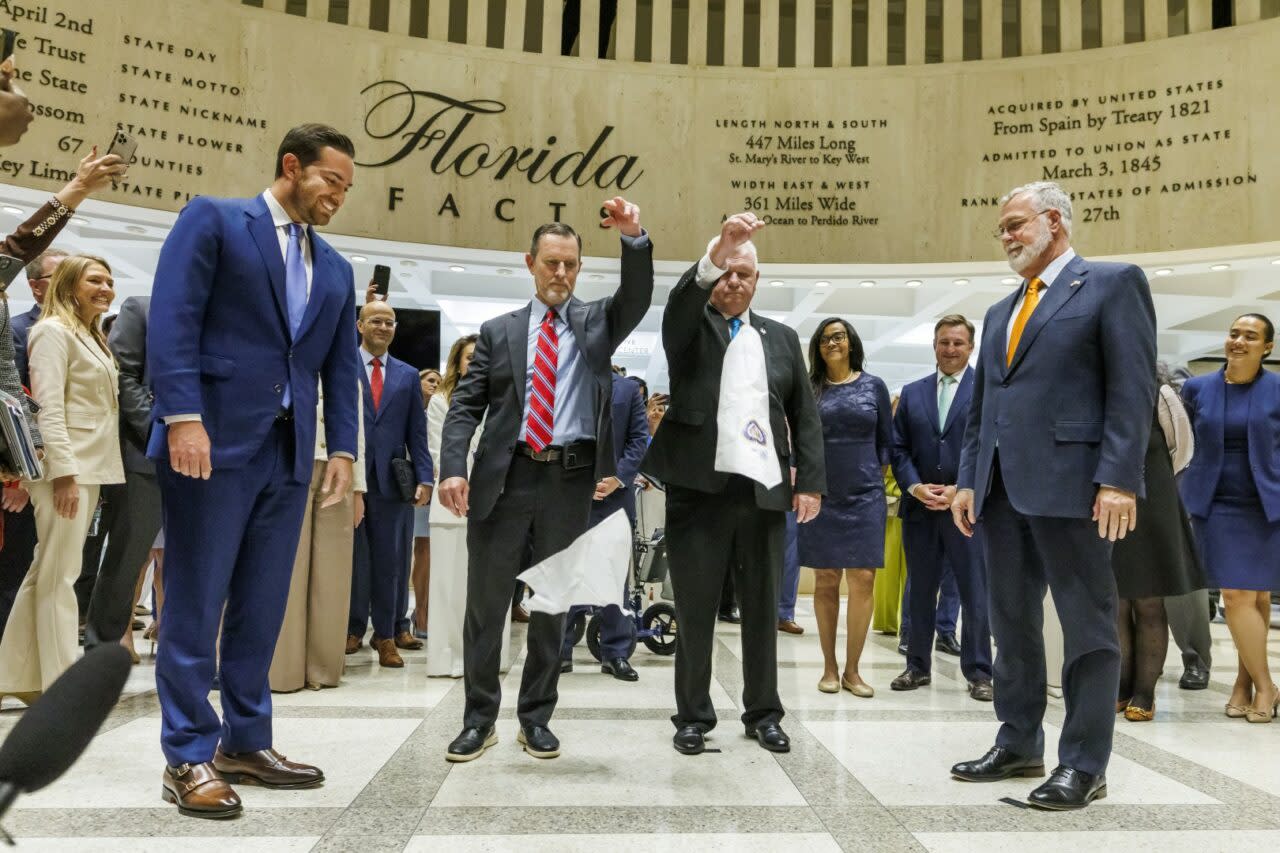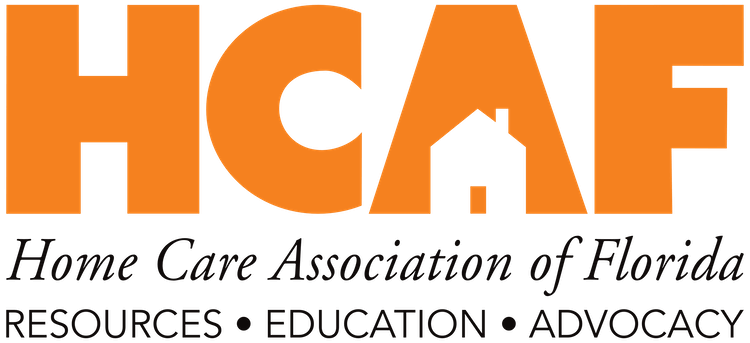Florida Lawmakers End 2025 Legislative Session With Slimmer Budget, Key Wins for Home Care

Florida Lawmakers End 2025 Legislative Session With Slimmer Budget, Key Wins for Home Care
 After a marathon and often contentious 105-day session, Florida lawmakers officially wrapped the 2025 Legislative Session late Monday night, passing a $115.1 billion state budget (SB 2500) for the upcoming fiscal year. The budget now heads to Governor Ron DeSantis, who holds line-item veto authority, and is scheduled to take effect July 1.
After a marathon and often contentious 105-day session, Florida lawmakers officially wrapped the 2025 Legislative Session late Monday night, passing a $115.1 billion state budget (SB 2500) for the upcoming fiscal year. The budget now heads to Governor Ron DeSantis, who holds line-item veto authority, and is scheduled to take effect July 1.
In total, 269 bills were enrolled out of 1,989 introduced, marking 56 fewer bills passed than last year. Among those were both of HCAF’s top legislative priorities, reflecting another impactful session for Florida’s home care community.
A Leaner Budget With Significant Tax Relief
The newly approved budget is about $3.5 billion smaller than the current $117.4 billion budget — the first time since 2011 that Florida’s budget has shrunk year-over-year. The decrease is largely due to an expected drop in federal Medicaid and COVID-era funding, along with more than $1.3 billion in tax cuts, primarily from eliminating the longstanding business rent tax.
The budget also falls $500 million below the governor’s original proposal. House Speaker Daniel Perez (R-Miami) prioritized cutting taxes, while Senate President Ben Albritton (R-Wauchula) focused on building reserves to prepare for future economic uncertainty. The final budget achieves both goals, including a plan to set aside $750 million annually in reserves and a proposed constitutional amendment (HJR 5019) to raise the cap on the state’s rainy-day fund from 10% to 25% of general revenue.
The tax package (HB 7031) also codifies recurring sales tax holidays and includes new exemptions for back-to-school supplies, hurricane preparedness items, and even tickets to NASCAR races and admission to state parks.
Health & Home Care Highlights
While major Medicaid structural reforms were not passed, several health-related provisions emerged in the budget and related bills that will shape the care landscape in Florida:
- Medicaid & Federal Funding Concerns: The state’s budget does not factor in potential future federal funding cuts to Medicaid or safety net programs like SNAP. Lawmakers said they will address any reductions if and when they materialize. Senator Jay Trumbull (R-Panama City), chair of the Appropriations Committee on Health and Human Services, noted the uncertainty remains unresolved but acknowledged its potential significance.
- State Workforce & Direct Care Gaps: While state employees will receive a 2% pay raise — and public safety employees could see up to 13% — proposals to raise wages for frontline Medicaid-funded caregivers, including home care workers, did not advance.
- Medicaid Managed Care Oversight: Throughout the session, HCAF advocated for improved oversight, accountability, and value in the Medicaid managed care system. While the legislature did not enact major reforms this year, HCAF will continue to represent Medicaid providers and collaborate with stakeholders to address ongoing challenges and advance meaningful improvements.
Contention, Compromise, and a Long Road to Sine Die
The session, which began in March and was expected to end May 2, extended more than six weeks beyond its scheduled adjournment due to disagreements over the budget and tax package. In the final days, lawmakers also approved a separate bill (HB 5017) requiring annual $250 million payments toward state debt, further signaling a shift toward fiscal restraint.
Despite consensus on the final budget, the session was marked by friction — not only between the House and Senate, but also between legislative leaders and the Governor. House Speaker Perez pushed back against executive proposals such as Governor DeSantis’ property tax rebate plan, instead favoring broader fiscal tools that legislators could control.
“Here we are at the end of the long and winding road,” Perez remarked as lawmakers adjourned Monday night.
Senate President Albritton described the session’s primary mission as “normalizing” state revenues after the influx of federal relief funds during the pandemic, emphasizing the importance of long-term stability over short-term spending.
What’s Next for Home Care Providers
With the budget now in the Governor's hands, the 2025 legislative session is officially concluded — but the work continues. HCAF will soon release a comprehensive session recap exclusively for members, detailing all major legislation, funding decisions, and regulatory developments that impact Florida’s home health provider community.
This in-depth report will also include a thorough analysis of the 2025-2026 state budget, highlighting key appropriations, health care allocations, and what providers need to know heading into the new fiscal year.
Stay tuned for the full breakdown — and thank you for your continued advocacy and support as we work together to protect and advance home care in the Sunshine State.
